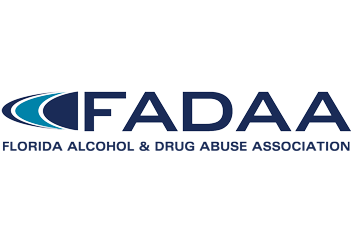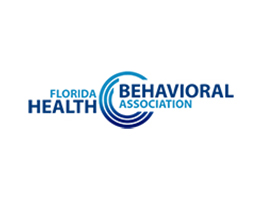It was quite the year in the workers compensation and workplace safety sectors in 2016, with legislation to opt-out of state workers compensation programs gaining and then losing popularity, medical pot wafting into the mainstream and employers asking Santa Claus to leave a less enforcement heavy and more collaborative U.S. Occupational Safety and Health Administration under their trees. Here are the highlights:
Electronic recordkeeping: In May, OSHA published a new rule requiring certain employers to annually electronically submit injury and illness data, but employers balked at provisions that created a new pathway for retaliation complaints, frowned on common mandatory post-accident drug and alcohol testing programs and created the potential for inadvertent violations of employee privacy. Opponents of the rule have challenged it in court, but a Texas judge declined to issue a nationwide preliminary injunction preventing the rule from taking effect, meaning employers could begin seeing citations in the new year.
Medical marijuana: Medical marijuana is legal in 28 states as of the November election, and workers comp experts say employers should stay informed about legal issues surrounding medical pot use by injured workers. While marijuana could be used in place of deadly opioids for treating injured workers’ pain, sources say the jury is out whether marijuana is a safe and effective alternative treatment.
Opioids: President Barack Obama approved federal funding to back state programs that would combat the national epidemic of opioid addiction and overdoses. The U.S. Food and Drug Administration also approved Probuphine, a long-acting, rod-shaped drug implant that would be used to combat opioid addiction by limiting the “high” users feel from the drugs. While Probuphine could help the battle against the opioid epidemic, workers comp experts say injured workers who take such drugs should receive help with weaning off them.
Opt-out: The Oklahoma Supreme Court struck down a state law that allowed qualified employers to opt out of the Oklahoma workers compensation system, Texas nonsubscription fell to its lowest level since 1993 and a texting scandal reportedly derailed a workers comp opt-out push in Tennessee. Still, experts expect opt-out proposals could pop up in other states in 2017, such as Florida and Illinois.
Silica: In March, OSHA published its decades-in-the-making silica rule, which will require construction and general industry employers to take steps to reduce crystalline silica exposures for their employees. Employers are urging the District of Columbia Circuit Court to vacate the rule by arguing the agency failed to demonstrate that there is a significant risk associated with current silica limits and ignored concerns about the economic and technical feasibility of complying with the standard.
Source: Business Insurance
Image: AmstrongEconomics









